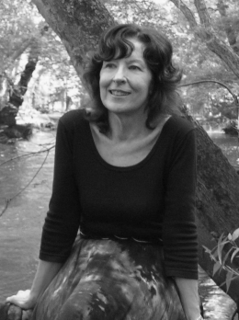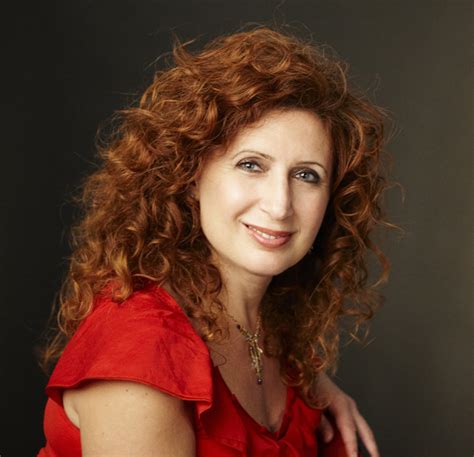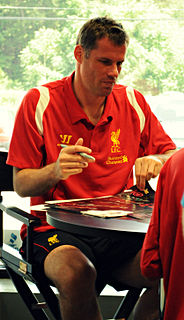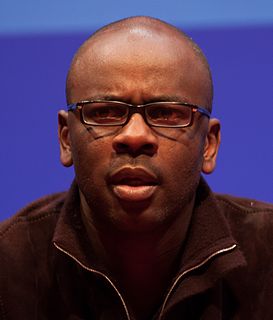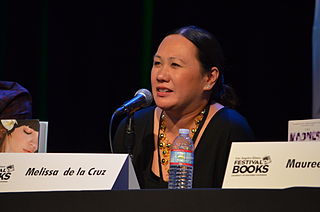A Quote by Neil Gaiman
The world is always ending for someone. It’s a good line. I give it to the father of the child. He says it to his wife. ‘The world is always ending for someone,’ he says. She is trying to quieten the baby, and does not hear him. I doubt that it would matter if she did.
Related Quotes
Dena had always been a loner. She did not feel connected to anything. Or anybody. She felt as if everybody else had come into the world with a set of instructions about how to live and someone had forgotten to give them to her. She had no clue what she was supposed to feel, so she had spent her life faking at being a human being, with no idea how other people felt. What was it like to really love someone? To really fit in or belong somewhere? She was quick, and a good mimic, so she learned at an early age to give the impression of a normal, happy girl, but inside she had always been lonely.
If she took Po as her husband, she would be making promises about a future she couldn't yet see. For once she became his wife, she would be his forever. And, no matter how much freedom Po gave her, she would always know that it was a gift. Her freedom would be not be her own; it would be Po's to give or to withhold. That he never would withhold it made no difference. If it did not come from her, it was not really hers.
And she says she wants to expose me to all these great things. And to tell you the truth, I don't really want to be exposed to all these great things if it means that I'll have to hear Mary Elizabeth talk about all the great things she exposed me to all the time. I don't understand that. I would give someone a record so they could love the record, not so they would always know that I gave it to them.
It's always easiest for me as a writer if I know I have a great ending. It can make everything else work. If you don't have a good ending, it's the hardest things in the world to come up with one. I always loved the ending of 'The Kite Runner,' and the scenes that are most faithful to the book are the last few scenes.
To be a father is not simply to bring a child into this world. It is to take care of that child and to give him direction and guidance. It's my mother who always did this for me. I'm surprised that today, because of the World Cup and because the cameras are on my father, that he puts on that jersey and speaks of his son. It's not going to change things because of a World Cup.
Occasionally I play the music for my mother when she demands to hear it and she always just says, 'Who is that singing? I don't like the singing.' And then she says 'Who's doing all that bumpety-bump noise?' It's all noise backing up horrible singing as far as she's concerned. She's not a show-biz mother.
When someone tells you, 'I love you,' and then you feel, 'Oh, I must be worthy after all,' that's an illusion. That's not true. Or someone says, 'I hate you,' and you think, 'Oh, God, I knew it; I'm not very worthy,' that's not true either. Neither one of these thoughts hold any intrinsic reality. They are an overlay. When someone says, 'I love you,' he is telling you about himself, not you. When someone says, 'I hate you,' she is telling you about herself, not you. World views are self views-literally.
Tessa had begun to tremble. This is what she had always wanted someone to say. What she had always, in the darkest corner of her heart, wanted Will to say. Will, the boy who loved the same books she did, the same poetry she did, who made her laugh even when she was furious. And here he was standing in front of her, telling her he loved the words of her heart, the shape of her soul. Telling her something she had never imagined anyone would ever tell her. Telling her something she would never be told again, not in this way. And not by him. And it did not matter. "It's too late", she said.




